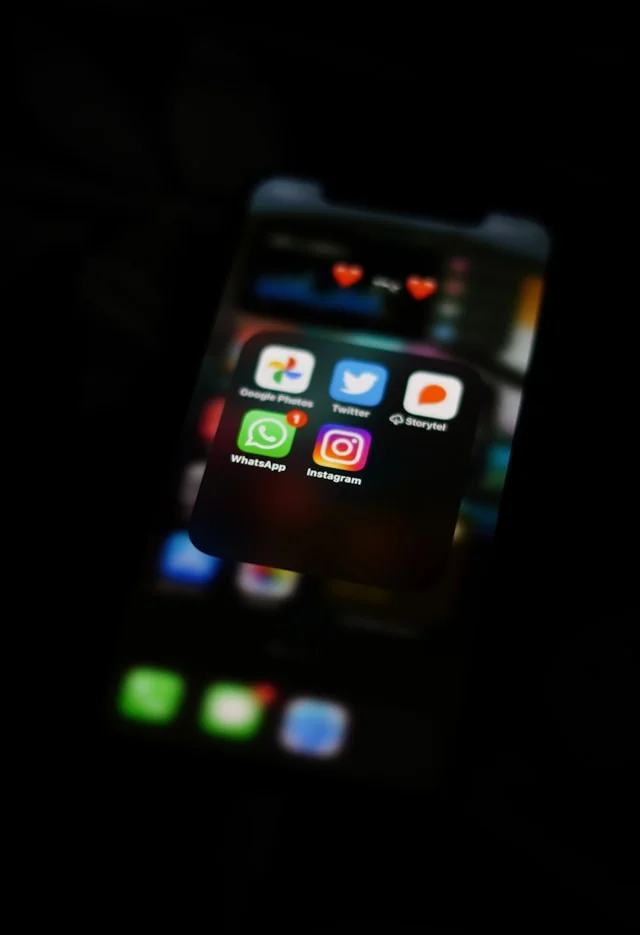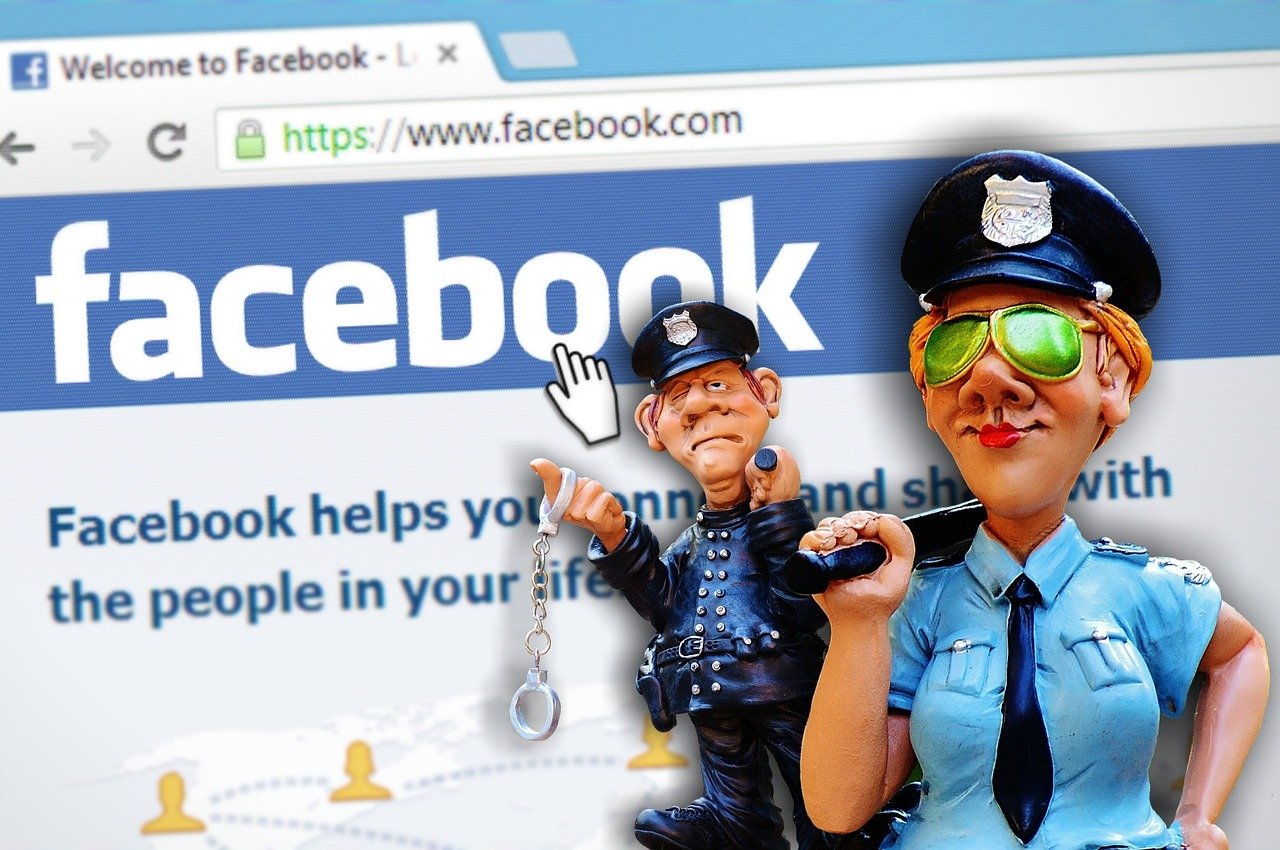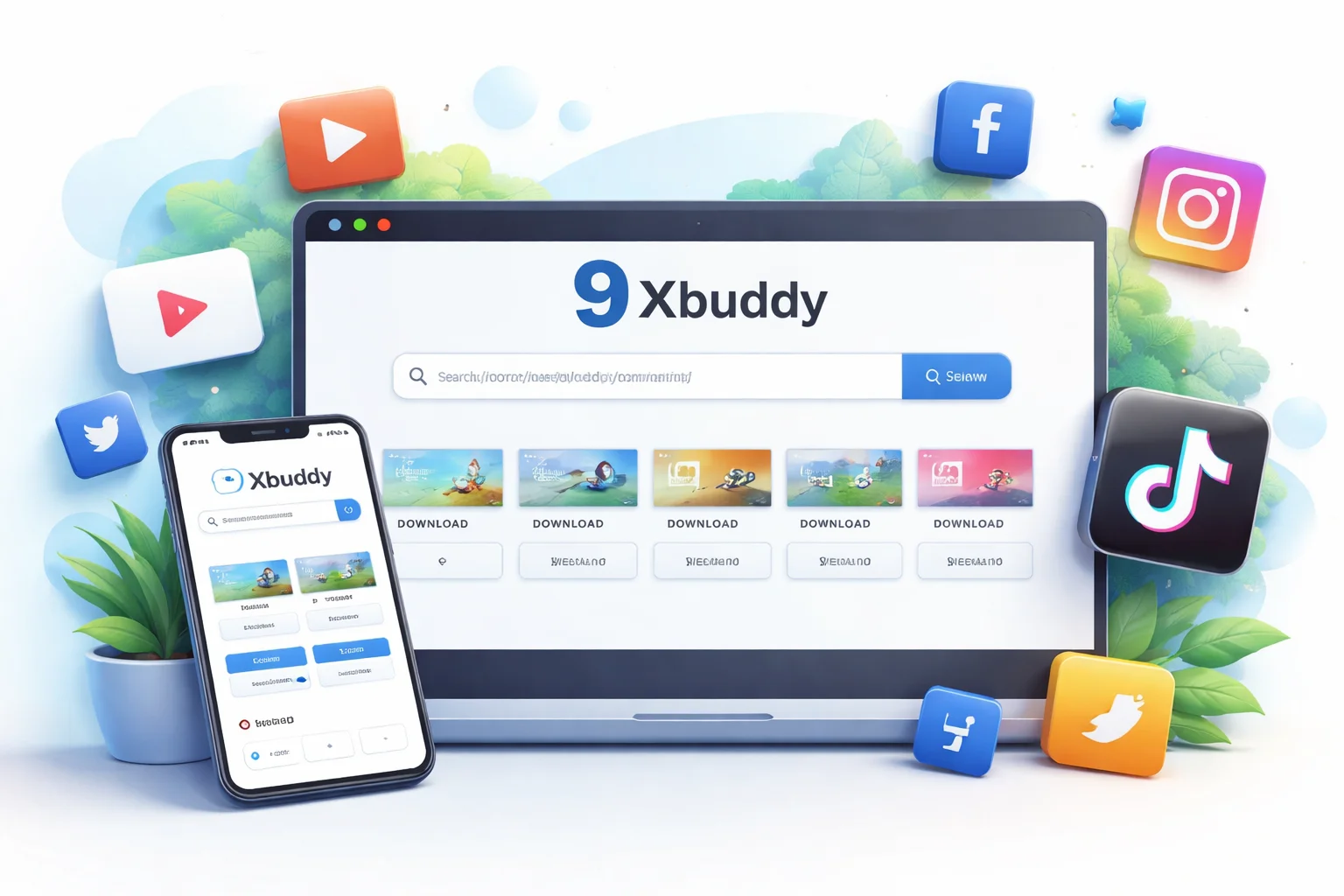In today’s digital world, Apps & Social Media play a huge role in how we connect, communicate, and consume information. Whether it’s scrolling through Instagram, chatting on WhatsApp, or managing work through productivity apps, these tools have become an essential part of daily life. Understanding how apps and social media work, and their impact, helps us use them smarter and stay balanced in a fast-paced online environment.
What Are Apps & Social Media?
Apps, short for applications, are software programs designed to perform specific tasks on devices like smartphones, tablets, or computers. They can range from simple calculators to complex platforms like Facebook or TikTok.
Social media refers to websites and apps that allow users to create, share, and interact with content and with each other online. Platforms such as Facebook, Twitter, Instagram, and LinkedIn are some of the most popular examples.
Both apps and social media are interconnected. Most social media platforms exist as apps on mobile devices, allowing easy access anytime, anywhere.
Why Are Apps & Social Media So Popular?
There are many reasons why apps and social media have become central in modern life:
- Convenience: Apps make tasks quicker and easier, like banking, shopping, or messaging.
- Connection: Social media lets people stay in touch with friends and family worldwide.
- Information: News and updates spread rapidly through social media feeds.
- Entertainment: Apps provide games, videos, and live streams to keep users engaged.
- Business: Many companies use apps and social media to promote products and connect with customers.
With billions of users worldwide, the impact of apps and social media is undeniable.
Popular Types of Apps in 2025
When discussing Apps & Social Media, it helps to understand the different types of apps people use daily:
1. Social Networking Apps
These apps focus on connecting users. Facebook, Instagram, Snapchat, and TikTok are the leading names. They offer ways to share photos, videos, status updates, and messages. Social networking apps often feature live streaming and stories, which have transformed how people share life moments.
2. Messaging Apps
Apps like WhatsApp, Messenger, Telegram, and Signal allow instant messaging, voice calls, and video chats. These apps keep personal and professional communication flowing smoothly.
3. Productivity Apps
Apps such as Slack, Trello, Google Drive, and Microsoft Teams support work and collaboration. They help teams organize projects, share files, and communicate efficiently.
4. Entertainment Apps
YouTube, Netflix, Spotify, and Twitch deliver video, music, and live content. These apps help users relax, learn, and stay entertained.
5. Shopping Apps
Amazon, eBay, and Etsy apps simplify online shopping. They offer user-friendly browsing, reviews, and easy checkout options.
How Social Media Influences Society
Social media platforms shape culture, opinions, and behavior. Here are some ways Apps & Social Media influence society:
A. News and Information Spread Fast
Social media is often the first place people learn about breaking news. This immediacy can be powerful but also risky, as misinformation spreads just as quickly. Users must develop critical thinking skills to evaluate sources carefully.
B. Building Communities and Support Networks
Groups and pages on platforms allow people with common interests to connect. This builds communities that support everything from hobbies to health conditions and social causes.
C. Impact on Mental Health
While social media offers connection, excessive use may cause stress, anxiety, and feelings of loneliness. Awareness and mindful use are important for mental well-being.
The Business Side of Apps & Social Media
For businesses, Apps & Social Media are game-changers. They allow brands to reach customers directly and engage in real-time. Here’s how:
- Marketing: Companies use social media ads targeted by age, interests, and location. Apps make it easy to track ad performance.
- Customer Service: Many businesses use messaging apps for quick customer support.
- E-Commerce: Social media platforms have integrated shopping features, enabling purchases without leaving the app.
- Brand Building: Sharing behind-the-scenes content or stories helps brands connect emotionally with audiences.
Small businesses especially benefit from apps and social media, leveling the playing field with larger companies.
Staying Safe While Using Apps & Social Media
With the benefits come risks. Here are essential tips for safe usage:
- Use strong, unique passwords for every app.
- Be cautious about sharing personal information.
- Verify news before sharing to prevent misinformation.
- Set limits on screen time to avoid burnout.
- Review privacy settings regularly to control who sees your content.
Being proactive protects your data and mental health.
Emerging Trends in Apps & Social Media
The world of apps and social media constantly evolves. Here are some trends to watch in 2025:
- Augmented Reality (AR): Apps use AR to enhance shopping, gaming, and social media filters.
- Short-Form Video: Platforms like TikTok have popularized bite-sized video content. More apps are adopting this style.
- AI Integration: Artificial intelligence personalizes feeds, improves chatbots, and recommends content.
- Social Commerce: Shopping directly through social apps continues to grow.
- Privacy Focus: New apps and updates emphasize user control over data.
These trends will shape how people interact online in the coming years.
How to Choose the Right Apps & Social Media for You
Not every app suits every person. To pick what works best:
- Identify your needs – communication, entertainment, productivity, or shopping.
- Read user reviews to understand the app’s reputation.
- Test privacy and security features.
- Choose apps with simple interfaces if you prefer ease of use.
- Limit the number of apps to avoid overload.
Personalizing your app use helps balance benefits with potential downsides.
Balancing Real Life and Digital Life
Apps and social media enrich lives but can also distract. Setting boundaries is key:
- Schedule “phone-free” times daily.
- Use apps that track your screen time.
- Prioritize face-to-face social interactions.
- Avoid checking apps first thing in the morning or before bed.
A balanced approach leads to healthier digital habits.
The Future of Apps & Social Media
Looking ahead, the role of apps and social media will keep growing. Technology like virtual reality (VR), deeper AI, and faster internet will bring more immersive and personalized experiences.
We can expect:
- Smarter assistants integrated into apps.
- More tools to create content easily.
- Increased collaboration features for remote work.
- Enhanced security measures protecting users.
- Greater use of social media for education and activism.
Keeping up with these changes is exciting and challenges users to adapt.
Why Understanding Apps & Social Media Matters
Whether you’re a student, professional, entrepreneur, or retiree, knowing how to navigate apps and social media safely and effectively is essential today. They influence how we learn, work, socialize, and even how we see the world.
By using apps wisely and staying aware of social media’s impact, you can harness technology for growth, connection, and fun without losing balance.
Conclusion: Make Apps & Social Media Work for You
In summary, Apps & Social Media are powerful tools shaping modern life. They connect us, inform us, and entertain us. But with that power comes responsibility to use them mindfully.
Take control of your digital life by choosing the right apps, protecting your privacy, and balancing screen time with real-world activities. This way, technology becomes a positive force, enhancing your daily experience instead of overwhelming it.


